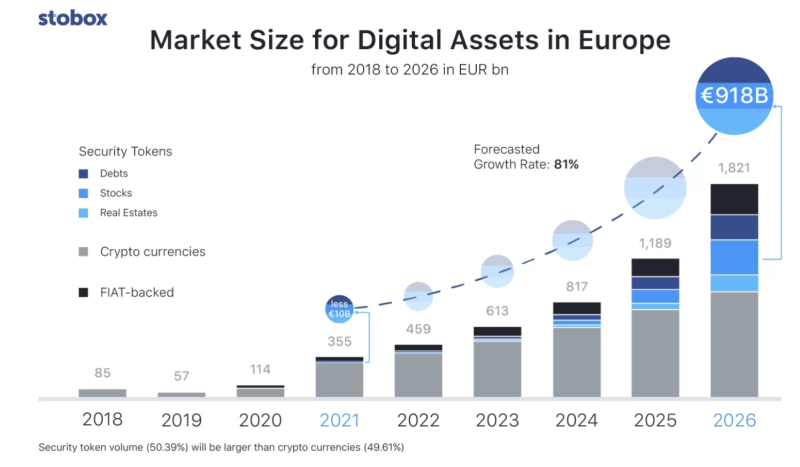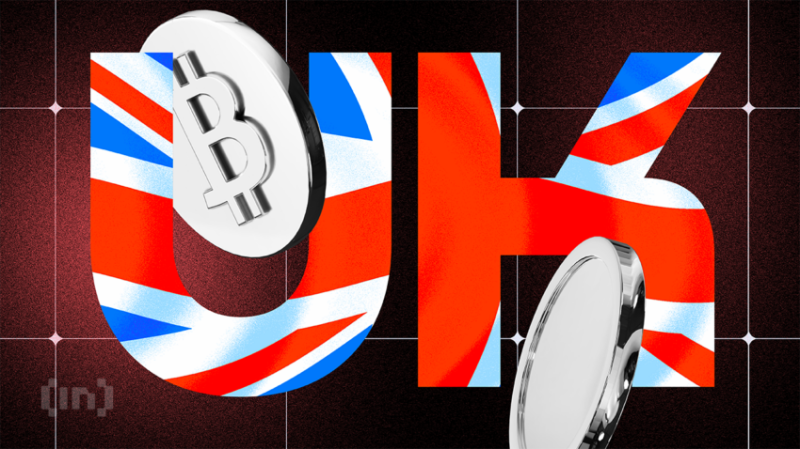According to Boyd, the new sandbox would explore what was possible with tokenized instruments. Rather than a traditional “innovate sandbox,” the new pilot would be an infrastructure sandbox, allowing the regulator to test a new rule set.
UK FCA Sandbox Offers ‘New Way’ of Regulating
According to Boyd, the sandbox is a way of understanding what is possible when financial instruments are part of a distributed ledger.
It would also help to understand how tokenization could change clearing and settlement and expose any regulatory and practical barriers.
“Its a completely new way of us making regulation. In the past, we’ve tended to wait for activity to come along and regulate it.”
Though Boyd is still involved in wholesale policy, her current team focuses on retail policy for digital assets and adopts a “same risk, same risk regulation” approach.
In the long run, Boyd said, the FCA wants investors to engage digital assets with the belief they are well protected, as they implore businesses to balance self-interest with customer protection.
The FCA can only act based on powers given by His Majesty’s Treasury. Final crypto rules, due around April, should see HM Treasury give the agency powers to regulate digital assets.
Until then, HM Treasury can amend securities regulations during a sandbox without going through the standard legal process. The previous sandbox, launched in August, allowed companies to test how they would function as both a cash securities depository and an exchange platform.
Developments in Central Bank Tokenization
The FCA joins several central banks in testing the potential of tokenized investment and securities.

Tokenization Market Size | Source: The Tokenizer
The Singapore Central Bank’s Project Guardian enlisted 11 institutions to test tokenization in wealth management, fixed incomes, and foreign exchange.
The institutions participating in pilots include HSBC, DBS Bank, Standard Chartered, JPMorgan’s digital asset division Onyx, and UBS.
The Monetary Authority and UBS Digital Asset Management recently piloted a new tokenized money market fund. Late last year, JPMorgan successfully tested the exchange of tokenized currencies and government bonds with DBS and SBI Digital Asset.
In April, ANZ in Australia affirmed that tokenization could streamline the carbon industry, improve transparency, and “preserve the unique characteristics of underlying projects.”
The bank settled purchases of tokenized carbon credits using a stablecoin backed by a central bank digital currency.
The Society for Worldwide Interbank Financial Telecommunications (SWIFT) recently completed a pilot to transfer tokenized assets between blockchains.
According to a BNP Paribas representative, the pilot showed how banks could adopt blockchain cost-effectively with a single intermediary protocol.
